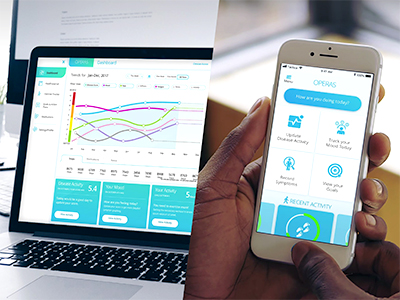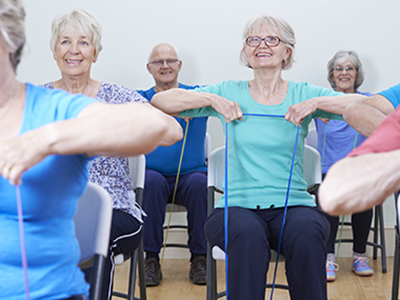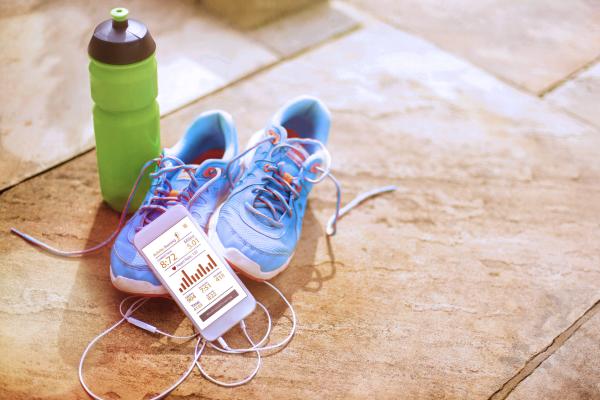
Study helps patients connect the dots between symptoms and appropriate exercise.
Although exercise undoubtedly does a body good, it is important for people with rheumatoid arthritis to approach physical fitness with more consideration, says Vancouver Coastal Health Research Institute and Arthritis Research Canada scientist Dr. Linda Li.
“It is important for people with rheumatoid arthritis to stay as physically active as possible,” explains Dr. Li. “And we work with our patient partners to create a way for them to be active while managing pain and other symptoms.”
The need for rheumatoid arthritis patients to exercise within their limits—not too much and not too little—inspired Dr. Li and her team to launch the On-demand Program to EmpoweR Active Self-management (OPERAS) study. The goal of the OPERAS study is to determine whether an app-based program can assist patients with managing their condition and also help them identify when their disease flare-ups, which can present as increased joint pain, swelling, fatigue, for example, warrant a doctor’s visit.

Over the course of the OPERAS study, participants are tasked with recording their medication use and symptoms such as pain, fatigue, and mood, in a journal app. They receive a wearable device (Fitbit) that uploads their physical activity information to the app. Participants are also paired up with a physiotherapist who counsels them by phone over a six-month period about how to be active and manage symptoms.
"In OPERAS, patients can use a simple app to see how they feel side-by-side with what they do over time,” explains Dr. Li. “The telephone counselling by an exercise expert can then help them make sense of how being active affects their rheumatoid arthritis symptoms.”
The app is also very useful in that it will prompt participants to see their rheumatologists if self-recorded symptoms suggest a flare-up.

The OPERAS study is currently recruiting participants with rheumatoid arthritis in the Lower Mainland.
“When a patient has the right information about their own health condition, they are empowered to be more effective with their self-care,” says Dr. Li. “We use this strategy to see if it helps patients manage their daily activities and recognize when they need to seek help from their doctor in between scheduled check-ups.”
Avoiding exercise because of arthritis - An unfortunate misconception
For rheumatoid arthritis patients who are already experiencing pain and stiffness, the idea of exercise can seem counterintuitive. But it’s the lack of exercise that can ultimately aggravate joints further. Keeping the muscles and tissues that surround joints strong and active can help maintain good bone health and lessen the stress on joints.

“For people with rheumatoid arthritis, being physically active, taking medications on time, and knowing when to see a doctor, are key components of successful self-care,” she adds.
The OPERAS study is looking to improve active self-care because rheumatoid arthritis is a condition that can affect individuals’ everyday life due to pain and fatigue.
“Empowering patient self-care is key when it comes to managing chronic disease, and it can greatly enhance quality of life.”


